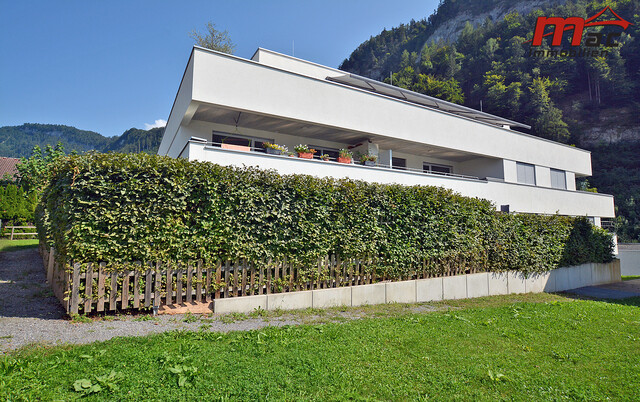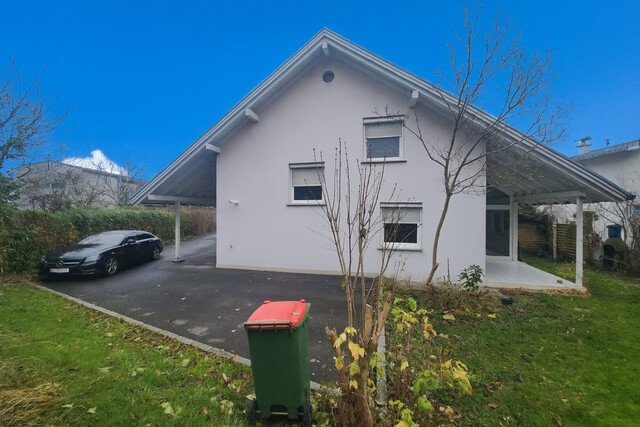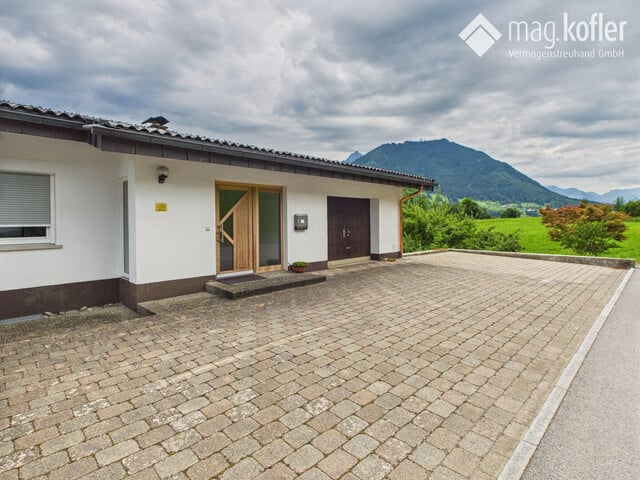Universities of Applied Sciences: This Could Change in the Future

The FH should be able to reallocate places that remain vacant within their respective funding group to other courses. Recently, across all four funding groups, 1,800 to 2,100 of the total approximately 60,000 places have remained unfilled each year. The University of Applied Sciences Conference (FHK) believes this flexibility does not go far enough.
Need for Action Identified
Exactly how the new freedom of the FH in managing study places will look - for example, whether and how many study places they can shift without consulting the ministry - is yet to be worked out, and will be done in close coordination with the FHK. In any case, they see a need for action there. Technically, a shift of vacant study places is already possible, but only with a lot of bureaucracy, according to Secretary General Kurt Koleznik to the APA. With more flexibility, the FH could respond more quickly to the needs of students and the labor market, "and not just two or three years later."
According to the FHK, shifts between the four funding groups (courses with at least 50 percent technical content/courses with at least 25 percent technical content/courses with a focus on tourism/other courses) should also be possible. "After 30 years of universities of applied sciences, there needs to be a fundamental consideration of whether this type of study place management is still up to date," demands Koleznik.
Different Sums
The FH generally receive a certain amount from the federal government per study place, with the amount differing in the four funding groups depending on the technical content or focus of the study. Additional study places are allocated by the ministry through tenders by subject areas, usually with a focus on STEM (Science, Technology, Engineering, Mathematics) for years. Additionally, the FH can apply for special funds, for example, for the expansion of collaborations. The financing of research is generally the responsibility of the FH sponsors (often states and public institutions such as chambers).
View on Social Work
Holzleitner sees in her planned model of flexibilization, among other things, a lever for the expansion of university of applied sciences (FH) places in social work, as envisaged by the Black-Red-Pink coalition. Social work was classified as a shortage profession nationwide in Austria in 2024, and this year still in Salzburg and Vorarlberg. At the same time, the demand continues to rise, not only due to the wave of retirements but also due to government-announced measures such as the expansion of school social work or additional measures against youth crime. Therefore, at the beginning of this academic year, the number of beginner places in this field was increased by 239, and the government program mentions further expansion under the title "Skilled Workers Initiative."
However, the ministry does not specify a concrete target value for how many unoccupied FH study places should be transferred to social work through flexibilization, when asked by APA. Currently, there are 2,919 study places at nine FH or universities of applied sciences (HAW), and according to the ministry, there were on average more than three applications per study place in 2022/23.
Compared to technical studies, the number of places available in the funding group, which includes social work, is relatively small: In the past five years, between 120 and nearly 500 places per academic year have remained unoccupied. In studies with a technical content of at least 50 percent, however, there were recently 1,400 to 1,700 unoccupied places per year.
Target in the FH Sector
In addition to social work, the government program also names additional FH study places in the highly demanded areas of health, social affairs, and STEM as a goal. However, according to the Ministry of Science, additional places are not budgeted for this year and 2026. Whether future budgets will allow further expansion from the academic year 2026/27 must first be politically clarified - since their inception, FH places have always been expanded. The new FH development and financing plan is expected to be completed in the summer.
(APA/Red)
This article has been automatically translated, read the original article here.
Du hast einen Hinweis für uns? Oder einen Insider-Tipp, was bei dir in der Gegend gerade passiert? Dann melde dich bei uns, damit wir darüber berichten können.
Wir gehen allen Hinweisen nach, die wir erhalten. Und damit wir schon einen Vorgeschmack und einen guten Überblick bekommen, freuen wir uns über Fotos, Videos oder Texte. Einfach das Formular unten ausfüllen und schon landet dein Tipp bei uns in der Redaktion.
Alternativ kannst du uns direkt über WhatsApp kontaktieren: Zum WhatsApp Chat
Herzlichen Dank für deine Zusendung.








